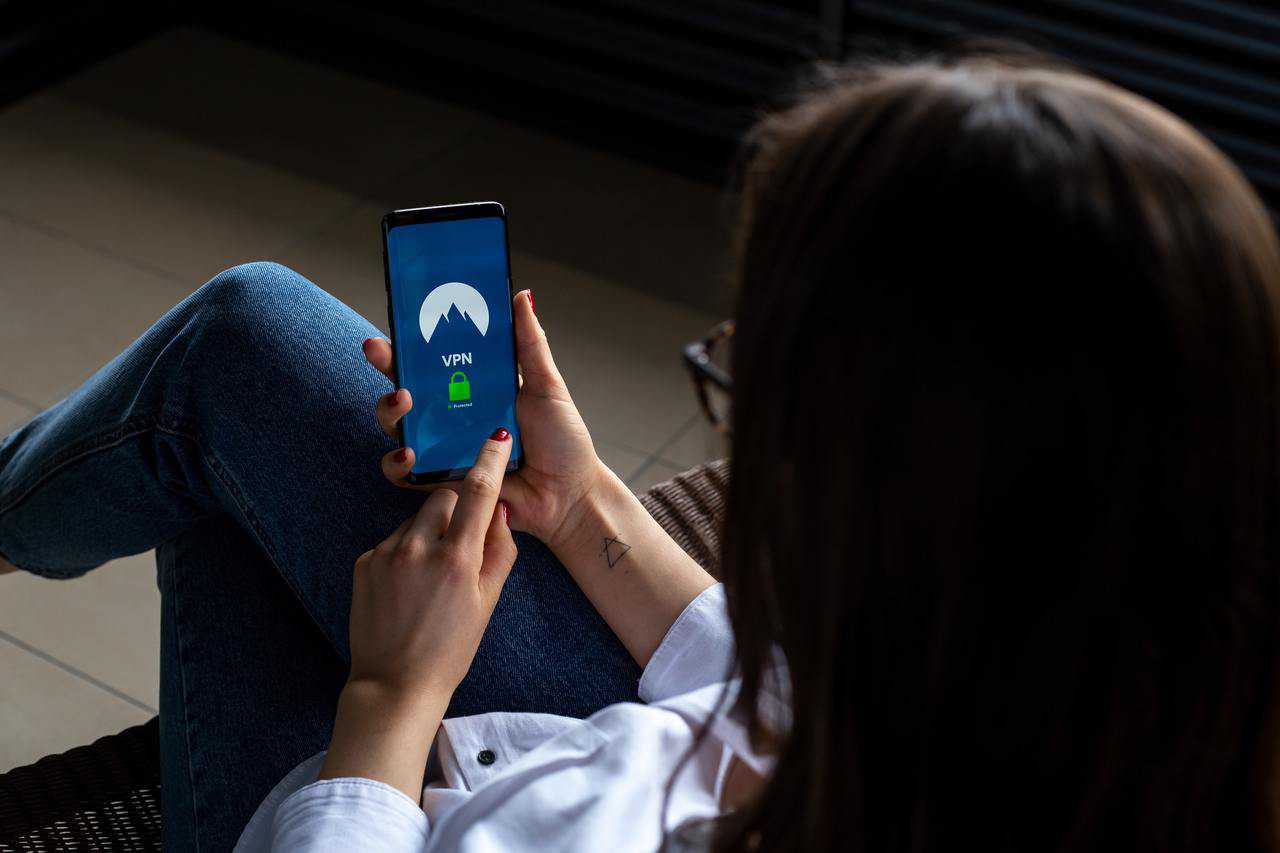Are you contemplating hiring some IT staff or getting yourself set up with an IT…
The use of secure remote access tools has become increasingly more important in the digital age. It is essential to understand the differences between SSH and VPN in order to determine which is more appropriate for your needs.
In this article, we will explore the differences between these two technologies and discuss which one offers greater security for your data.
What Is SSH

SSH (Secure Shell) is a widely used network protocol that helps users securely log into remote machines, execute commands, and transfer files. It’s been around since 1995 and has become an essential tool for system administrators and developers who need to access servers from remote locations.
Moreover, SSH provides users with a secure point-to-point connection between two computers or devices over an unsecured network, meaning all data transferred between the two is encrypted and secure from malicious activity.
At its core, SSH allows users to authenticate themselves on a server or other computer by exchanging cryptographic keys. Once authenticated, the user can execute commands or transfer files via their terminal window as if they were physically located at the same machine. With SSH, it’s also possible to configure multiple tunnels for tasks such as port forwarding and tunneling of text-based protocols like FTP without any additional software installation.
What Is VPN

When it comes to browsing the internet and protecting your privacy, Virtual Private Network (VPN) technology is top of the list. A VPN allows users to access resources securely over a public network, such as the internet. It creates an encrypted tunnel between two endpoints, which in turn masks IP addresses and any other sensitive information you may be transmitting.
Using a VPN service is beneficial for several reasons. First and foremost, it provides organizations with secure access to their networks while they’re away from the office or on-the-go. Additionally, it ensures that user data remains safe as encryption is used throughout all data transfers.
Finally, users can access geo-restricted content from around the world without their location being revealed by masking IP addresses from websites and services like Netflix and Hulu.
What Is the Difference
A virtual private network (VPN) and a secure shell (SSH) are both popular options for encrypting data on the internet, but they have some important differences. A VPN is a type of tunneling protocol that creates an encrypted connection between two devices, allowing users to access public networks securely—for example, it can hide a user’s IP address when browsing online or allow them to access websites that are restricted in their country.
On the other hand, SSH is also an encryption protocol, but it focuses on authentication and authorization rather than privacy. It is used to verify the identity of connected devices as well as control which services they can access on the remote server. Additionally, SSH has built-in features that make it more secure than VPNs such as port forwarding and key-based authentication.
Which Is More Secure

Both provide individuals with a secure way to access information over an unsecured network. But which is more secure?
VPNs create an encrypted tunnel between the user’s computer and the remote server they wish to access. This tunnel masks IP addresses, allowing users to surf anonymously and securely on public WiFi networks. However, VPNs usually require additional software or special configurations for each device that needs protection, making them slightly less convenient than SSH.
SSH is a protocol designed specifically for remote control of computers, so it’s particularly popular amongst tech professionals and those who need constant access to servers over the internet. It uses encryption to keep data safe at all times when connected remotely, meaning passwords and other sensitive information remain secure while travelling through the network.
Conclusion
SSH and VPN are both essential tools for securing your data and protecting your privacy. While SSH is faster and more secure than a VPN, a VPN can offer better performance when it comes to bypassing geo-restrictions.
Ultimately, the best solution depends on your individual needs. For those looking for enhanced security and privacy, SSH is the preferred option. However, if you need access to geo-blocked content or want improved performance, then a VPN may be the right choice.






